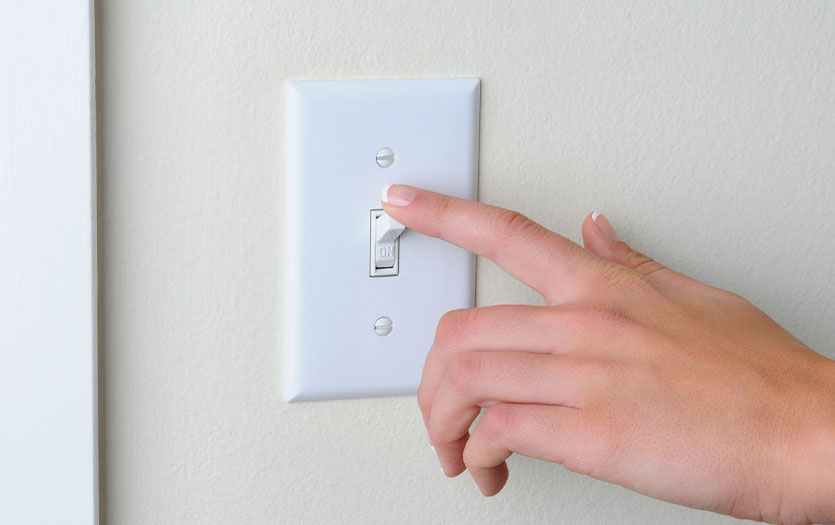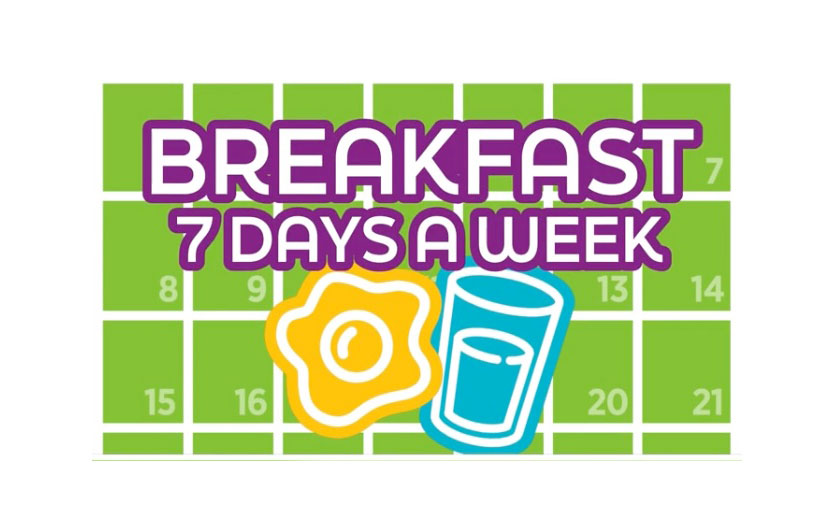
It’s very likely that you’ve experienced an electrical shock at some point. It might have happened when you used an electrical appliance or power cord. Maybe you felt a slight tingle when you touched a light switch. Usually, uncomfortable sensations caused by shock go away in a few minutes and if you don’t have damage to the skin or other symptoms, there is no reason to worry. But there are occasions when an injury caused by electrical shock warrants concern and further treatment.
How common is electrical shock?
According to research by Michael Zemaitis, Lisa Foris, Richard Lopez and Martin Huecker, “In the United States, there are approximately 1,000 deaths per year, as a result of electrical injuries. Of these, approximately 400 are due to high-voltage electrical injuries, and lightning causes 50 to 300.
“There are also at least 30,000 shock incidents per year that are non-fatal. Each year, approximately 5% of all burn unit admissions in the United States occur as a result of electrical injuries. Approximately 20% of all electrical injuries occur in children.”
When electricity causes serious injury
If your skin is burned by electricity, there is cause for concern. Electrical burns may look minor at first, but the burn may be more serious if tissues along the path of the electrical current are damaged. The complete damage from these burns might not be seen for up to 10 days after the burn. There might be burns where the electrical current enters the body and also where it leaves the body.
When electricity passes through your body, the electricity may injure blood vessels, nerves and muscles. The electrical current may cause rapid and severe swelling in the throat and lungs, making it hard to breathe. As the electrical current passes through the heart muscle, heartbeat problems can develop.
Electricity passing through your body can be powerful enough to cause a fall. This can cause other injuries, such as fractures. Electricity can also cause strong muscle contractions that can cause injury.
Again, the extent of the damage caused by the event might not appear for up to ten days. Your doctor will tell you what to look for, depending on the type of shock.
When to seeking medical attention
Call 911 – Anytime you think you may need emergency care. For example, if you passed out (lost consciousness).
Call your doctor or seek immediate medical care if you have symptoms of infection, such as:
-
Increased pain, swelling, warmth, or redness.
-
Red streaks leading from the area.
-
Pus draining from the area.
-
A fever.
-
You have a hard time breathing.
-
You have new or worse pain in the burn area.
-
Your urine looks pink or brown.
-
Your muscles ache or feel weak.
Watch closely for changes in your health and be sure to contact your doctor if you have any concerns.
Caring for yourself after an electrical shock
If you have a mild burn:
-
Clean the area each day with mild soap and water.
-
Bandage the wound.
-
If the doctor told you to use an ointment under the bandage, use it exactly as directed.
-
Cover the burn with a nonstick gauze pad.
-
Tape the pad to your skin, well away from the burn, or follow other dressing instructions, as your doctor advises.
-
Do not wrap tape all the way around a hand, arm or leg. This can cause swelling.
-
Keep the bandage clean and dry. Change the bandage two times a day and anytime it gets wet.
-
-
Do not break blisters open. This increases the chance of infection. If a blister breaks open by itself, blot up the liquid, and leave the skin that covered the blister. This helps protect the new skin.
For pain and itching:
-
Take an over-the-counter pain medicine, such as acetaminophen (Tylenol), ibuprofen (Advil, Motrin) or naproxen (Aleve). Read and follow all instructions on the label. Do not use aspirin, because it can make bleeding in the burned area worse.
-
Do not take two or more pain medicines at the same time unless the doctor told you to. Many pain medicines have acetaminophen, which is Tylenol. Too much acetaminophen (Tylenol) can be harmful.
-
If the burn itches, do not scratch it. Try an over-the-counter antihistamine. Be safe with medicines. Read and follow all instructions on the label.
Preventing electrical shocks at home
Electrical shocks are preventable. To reduce the risk to you and your loved ones:
-
Place plug covers on all outlets.
-
Use extra caution when using electrical items in areas where water sources are nearby, such as using a hair dryer in the bathroom.
-
Don’t overload electrical outlets by using too many extension cords or electrical receptacle multipliers.
-
Replace electrical equipment and appliances that show signs of wear, such as having frayed or loose wires.
Copyrighted material adapted with permission from Healthwise, Incorporated. This information does not replace the advice of a doctor.




